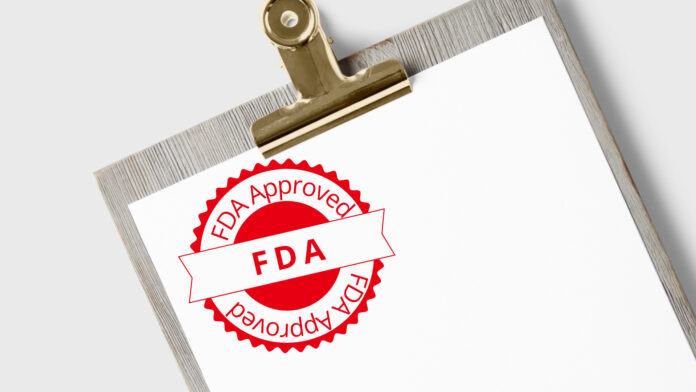The House Committee on Oversight and Accountability recently hosted Food and Drug Administration Commissioner Robert Califf in a hearing to discuss the agency’s recent blemishes. The Committee’s website stated that “under the Biden Administration, the FDA has stumbled from crisis to crisis.”
The amount of “stumbling”—even for a government agency—has been dumbfounding. To list a few examples:
- In 2022, the US underwent a crippling national shortage of infant formula. While store shelves remained empty, the FDA maintained its mandatory 90-day waiting period for formula imports to reach US consumers.
- After vowing never to allow an infant formula shortage again, the FDA helped start a national shortage of hypoallergenic infant formula during a prolonged plant inspection, and 675,000 cans of specialized formula were recalled. This occurred despite overwhelming evidence that any contaminated formula was produced and consumed six months before the inspection and recall.
- In October 2023, the FDA discovered elevated lead levels in Ecuadorian producer WanaBana’s produce applesauce pouches. Despite accusing WanaBana of “intentionally” contaminating their product and facing political pressure to remove them, the FDA has just begun investigating this issue. As of March 2024, the CDC received 519 reports of lead poisoning linked to WanaBana products.
- Research presented at the American Association for Cancer Research annual meeting finds that about half of cancer drugs given accelerated approval consideration and later approved by the FDA fail to produce a clinically meaningful effect on patient longevity or quality of life in follow-up clinical trials. Noticing a lack of evidence for these drugs’ effectiveness during the approval process, researchers suggest other motives, such as improper relationships with private producers, may have motivated the FDA’s decision to approve.
Despite these alarming failures, the FDA asked Congress for “more authority” to address continuing prescription drug shortages and other pressing healthcare issues.
It’s an audacious request. They’ll probably get it. They certainly have in the past.
In his telling book Hazardous to Our Health? FDA Regulation of Health Care Products Economist Robert Higgs illustrates that the FDA seemingly has always “stumbled from crisis to crisis,” only to be granted more authority from politicians despite its previous shortcomings. In Higgs’ words, “ the underlying problem remains that Congress has given the agency [the FDA] enormously broad and discretionary powers.”
It’s continued to do so. As of 2008, the FDA played a role in regulating about 20 percent of all consumer products. And history may be repeating itself.
Even after a telling and humbling hearing, the FDA has a long list of heavy-handed regulatory changes to propose. Congress has already pledged large financial sums, and some congressmen have been overwhelmingly supportive of the FDA’s efforts to grow.
Government failures are expensive and harmful, and the FDA’s are especially so. Sadly, they’re also rewarded.
